Search
Search Results
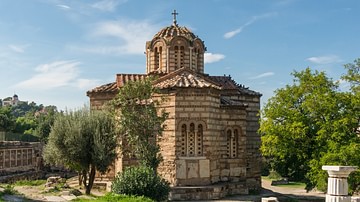
Definition
Byzantine Architecture
The architecture of the Byzantine Empire (4th - 15th century CE) continued its early Roman traditions but architects also added new structures to their already formidable repertoire, notably improved fortification walls and domed churches...
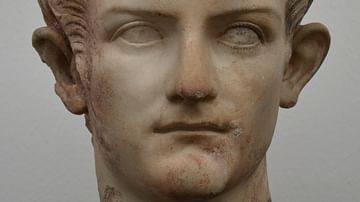
Definition
Caligula
Caligula (Gaius Julius Caesar Augustus Germanicus) was Roman emperor from 37 to 41 CE. Among the great emperors of the Roman Empire stand Augustus and Marcus Aurelius. At the other end of the spectrum is Emperor Caligula who the historian...
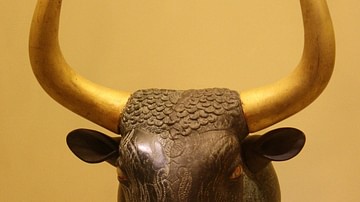
Definition
Ancient Crete
Crete is an island in the eastern Mediterranean which during the Bronze Age produced the influential Minoan civilization with its distinctive architecture and art. An important member of the Greek world in the Archaic period, Crete dipped...
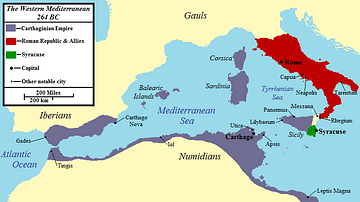
Definition
Syracuse
The city of Syracuse is located on the east coast of Sicily and was originally a Greek colony founded by Corinth in 734 BCE. The city enjoyed a period of expansion and prosperity under the tyrant Gelon in the 5th century BCE, survived a two-year...
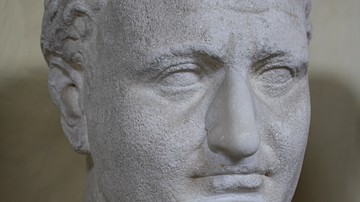
Definition
Titus (Roman Emperor)
Titus was Roman emperor from 79 to 81 CE. On June 24, 79 CE Titus Flavius Vespasianus succeeded his father Vespasian (r. 69-79 CE) as emperor of the Roman Empire. Prior to his ascension to the throne, he was considered by many as “…unpopular...

Definition
Roman Science
The Romans assimilated earlier Greek science for their own purposes, evaluating and then accepting or rejecting that which was most useful, much as they did in other fields such as warfare, art, and theatre. This assimilation of Greek thought...
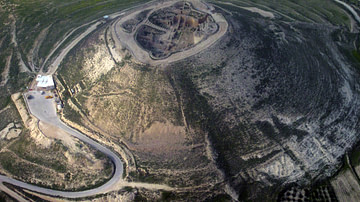
Definition
Herod the Great
Herod I, or Herod the Great (c. 75 – 4 BCE), was the king of Judea who ruled as a client of Rome. He has gained lasting infamy as the 'slaughterer of the innocents' as recounted in the New Testament's book of Mathew. Herod was, though, a...
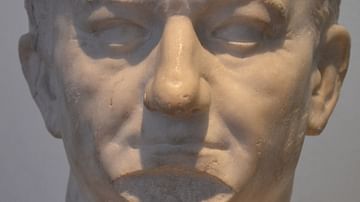
Definition
Vespasian
Vespasian was Roman emperor from 69 to 79 CE. Vespasian was the last of the four emperors who governed the Roman Empire in the year 69 CE. The previous three had died either by murder or suicide. Unlike Galba, Otho and Vitellius, Vespasian...
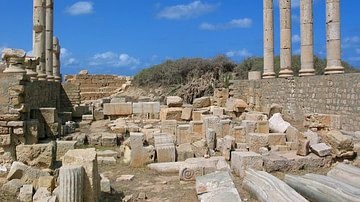
Definition
Leptis Magna
Leptis Magna (aka Lepcis Magna), located in western Libya, North Africa, was a Phoenician city founded by Tyre in the 7th century BCE. Continuing to be a major city in the Roman period, it was the birthplace of Emperor Septimius Severus (r...

Definition
Giuseppe Verdi
Giuseppe Verdi (1813-1901) was an Italian composer best known for operas such as Rigoletto, La traviata, and Aida. Verdi is noted for his powerful scores and strong characters where anti-heroes lead the dramatic action through often complex...